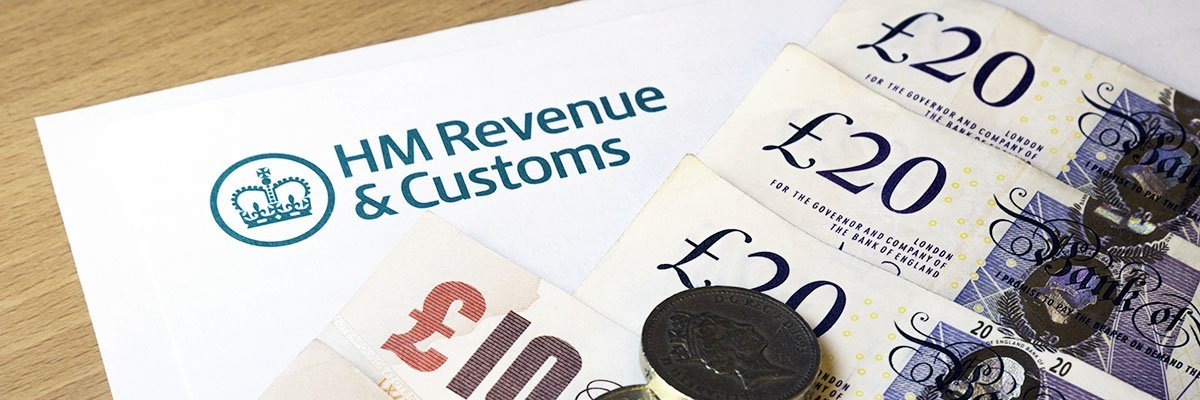Treasury Committee chair Mel Stride, who was instrumental in pushing for the IR35 reforms to be extended to the private sector, has joined calls for the “dreaded” tax avoidance rules to be “abolished”.
Former Treasury secretary Stride made the comments during the closing stages of a two-hour Treasury Committee session on Tuesday 20 October 2020, which touched on how the UK taxation regime may need to change to accommodate the uptick in government borrowing caused by the coronavirus pandemic.
The roll-out of the delayed IR35 reforms to the private sector in April 2021 was touched upon at several points during the session, as participants – representing the interests of the self-employed and the UK business community, as well as tax law experts – were asked for their views on how the UK government should set about balancing the books post-pandemic.
Its claimed the reforms will aid HM Revenue & Customs (HMRC) in clamping down on contractors who seek to deliberately misclassify the working arrangements they have in place with their clients in order to minimise their employment tax liabilities.
At present, private sector contractors are responsible for self-declaring how they should be taxed based on the nature of the work they do and how it is carried out, but – from 6 April 2021 – it will be down to the medium-to-large private sector firms that engage them to decide that.
If a private sector client decides the way the contractor they engage with works means they should be taxed in the same way as a permanent employee, that individual will be liable to pay the same employment taxes and National Insurance Contributions (NICs) as a salaried worker would, and will be classified as working inside IR35.
However, if the client decides the contractor in question works in a way that means they are outside IR35, that marks them out as an off-payroll employee, who can pay themselves a salary in the form of dividends, which tend to be subject to lower tax rates.
According to the government’s own figures, the roll-out of the IR35 tax avoidance reforms to the private sector will raise an additional £4.1bn in previously unpaid taxes by the 2024-25 tax year, at a time when the Chancellor will be looking for ways to alleviate the national debt accrued by the pandemic.
During the session, Stride asked if this process should involve ramping up corporation tax rates or through introducing measures that would drive up income tax and National Insurance Contributions (NICs) rates, given these are – he said – known to be the “highest yielding” sources of tax revenue.
The amount of tax self-employed people are expected to pay is likely to rise in the wake of the pandemic, said Stride, before quizzing Derek Cribb, interim CEO of the Association of Independent Professionals and the Self-Employed (IPSE), about where the Chancellor Rishi Sunak should target his efforts on that front.
In response, Cribb said the government would be ill-advised to direct its tax revenue generating efforts in the immediate term at the self-employed, given how difficult the last few months has been for the sector
“These are people who have the lowest assets and the lowest ability to get through,” said Cribb.
“Taxing them as they come through coronavirus is not the right way to go. Many of them have already had to shut up shop and they won’t survive if they have to pay more tax.”
Reforms unlikely to help
Elsewhere in the session, Cribb made further references to how the self-employed sector is suffering as the economic fallout from the pandemic continues, and adding the IR35 reforms to the mix is unlikely to help matters.
“We’ve seen half a million people falling out of self-employment in the last six-to-nine months. Normally in the time of economic crisis you would see more people going into self-employment, but we’re seeing absolutely the opposite,” said Cribb.
“And now we have a piece of legislation coming in in the new year, when we want to encourage that flexible resource, which is disincentivising it, and it seems slightly perverse to have IR35 coming in when we want to encourage people to be flexible and to help the UK economy [in this time of] of crisis.”
Cribb’s organisation, IPSE, has repeatedly spoken out about how the financial packages the government has rolled out at various points since the onset of the pandemic in March 2020 have failed to provide adequate support for limited company contractors who pay themselves predominately in the form of dividends.
IR35 putting pressure on contractors
The private sector IR35 reforms were originally set to come into force during April 2020, but the start-date was put back by 12 months because of the coronavirus pandemic. Even so, in the run up to the original rollout date, there were numerous reports of private sector firms looking to side-step the new rules by declaring all their contractors inside IR35. Or banning the hiring of limited company contractors by their organisations.
During the session, Andrew Titchener, head of tax policy for the Confederation of British Industry (CBI), set out some of the challenges contractors have faced in the past as private sector firms have sought to ready themselves for the IR35 reforms.
“It was risky and complex before but now [shifting responsibility onto the private sector] there are these added points that seem to tip things over the edge in some areas, and that seems to be the worst of all worlds in many respects because what it seems to have done is increase the complexity, the difficulty and costs for employers, [while] at the same time decrease some of the flexibility that the labour market has because employers are reacting by saying we’re not going to take advantage of that flexibility because it’s too costly,” he said.
Rounding out the session, Stride referred to the off-payroll tax legislation as the “dreaded IR35”, and said it was clear from the viewpoints shared during the discussion that “I think we’re all agreed that this is best abolished as soon as possible.”
However, he acknowledged that doing so would only be possible through the introduction of an alternative taxation mechanism for the self-employed for money-raising purposes, which the Chancellor has hinted at in the past.
“[Abolishment] in a way that means that it’s redundant all together because of tax changes rather than just dispensing with it, [and] the Treasury taking a rather large tax hit as a consequence of that,” he said.
“The Chancellor did make reference [to that] when he brought in the [Self-Employment Income Support Scheme] to possible changes [being made] to the tax arrangements of the self employed and it may be that suggests that he’s looking at that space. So I think our discussions today will be particularly pertinent to what may or may not occur, going forward,” added Stride.
Change not imminent
Dave Chaplin, CEO and founder of IR35 consultancy ContractorCalculator, warned contractors off reading too much into Stride’s comments, as the government has repeatedly resisted calls to replace IR35 for decades.
“[The session’s] discussions were about major wholesale changes to the tax system that would take years to plan and implement. Everyone has been talking about the need to do away with IR35 for 20 years. This is nothing new. Unfortunately, the political will isn’t there to change matters, even if the potential outcome is a functioning tax system,” said Chaplin.
“There are also many politicians who run their own companies and would be subject to higher taxes if the playing field changed. The hens don’t tend to vote to get their wings clipped.”












